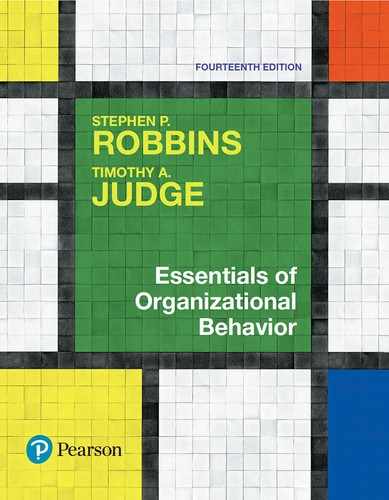Negotiating in a Social Context
We have mostly been discussing negotiations that occur among parties that meet only once, and in isolation from other individuals. However, in organizations, many negotiations are open-ended and public. When you are trying to figure out who in a work group should do a tedious task, negotiating with your boss to get a chance to travel internationally, or asking for more money for a project; there’s a social component to the negotiation. You are probably negotiating with someone you already know and will work with again, and the negotiation and its outcome are likely to be topics people will talk about. To really understand negotiations in practice, then, we must consider the social factors of reputation and relationships.
Reputation
Your reputation is the way other people think and talk about you. When it comes to negotiation, having a reputation for being trustworthy matters. In short, trust in a negotiation process opens the door to many forms of integrative negotiation strategies that benefit both parties.53 The most effective way to build trust is to behave in an honest way across repeated interactions. Then, others feel more comfortable making open-ended offers with many different outcomes. This helps to achieve win–win outcomes, since both parties can work to achieve what is most important to themselves while still benefiting the other party.
Sometimes we either trust or distrust people based on word-of-mouth about a person’s characteristics. What characteristics help a person develop a trustworthy reputation? A combination of competence and integrity.54 Negotiators higher in self-confidence and cognitive ability are seen as more competent by negotiation partners.55 They are also considered better able to accurately describe a situation and their own resources, and are more credible when they make suggestions for creative solutions to impasses. Individuals who have a reputation for integrity can also be more effective in negotiations.56 They are seen as more likely to keep their promises and present information accurately, so others are more willing to accept their promises as part of a bargain. This opens many options for the negotiator that wouldn’t be available to someone who is not seen as trustworthy. Finally, individuals who have higher reputations are better liked and have more friends and allies—in other words, they have more social resources, which may give them more understood power in negotiations.
Relationships
There is more to repeated negotiations than just reputation. The social, interpersonal component of relationships with repeated negotiations means that individuals go beyond valuing what is simply good for themselves and instead start to think about what is best for the other party and the relationship as a whole.57 Repeated negotiations built on a foundation of trust also broaden the range of options, since a favor or concession today can be offered in return for some repayment further down the road.58 Repeated negotiations also facilitate integrative problem solving. This occurs partly because people begin to see their negotiation partners in a more personal way over time and come to share emotional bonds.59 Repeated negotiations also make integrative approaches more workable because a sense of trust and reliability has been built up.60
